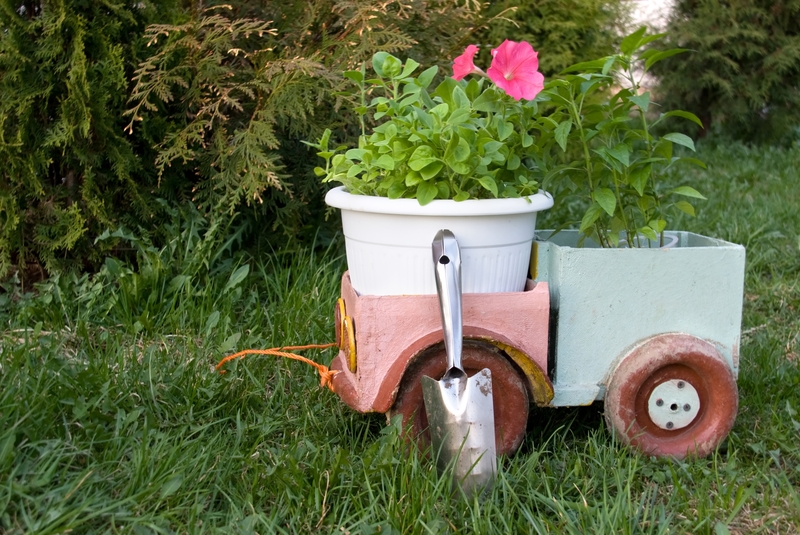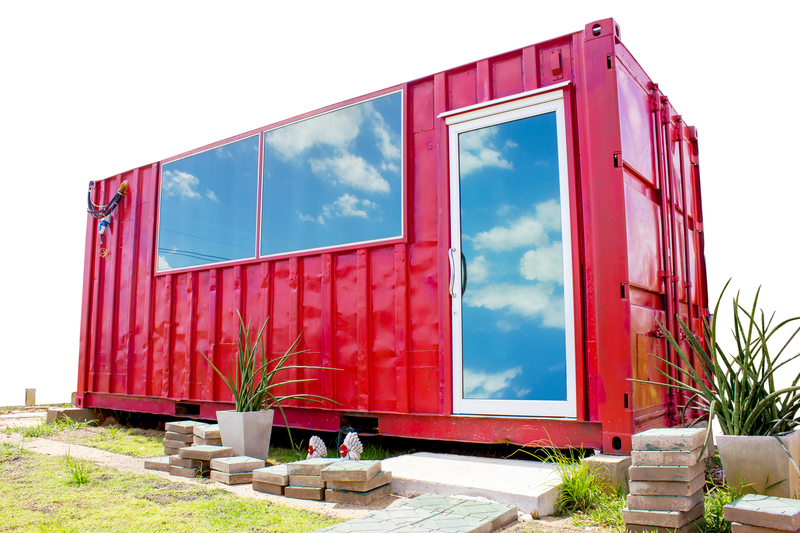Must-Have Tools for Home Waste Management
Posted on 10/05/2025
Home waste management is an essential aspect of maintaining a clean and environmentally friendly household. Effective waste management not only ensures that your living space remains tidy but also helps in reducing your carbon footprint. In this article, we will explore the must-have tools for efficient home waste management, offer tips, and discuss the pros and cons of each tool.
1. Recycling Bins
Recycling bins are fundamental tools in home waste management. They make it easy to sort and dispose of recyclable materials such as paper, plastic, glass, and metal.
Pros:
- Encourage recycling habits.
- Organize waste efficiently.
- Reduce landfill waste.
Cons:
- Require multiple bins, which may take up space.
- Need regular cleaning to prevent odor and pests.

2. Compost Bins
Composting is a fantastic way to manage organic waste such as food scraps and yard waste. Compost bins accelerate the decomposition process, turning organic waste into valuable compost for your garden.
Pros:
- Reduces organic waste in landfills.
- Produces nutrient-rich compost for gardening.
- Decreases greenhouse gas emissions from organic waste.
Cons:
- Needs space for setup.
- Requires regular maintenance and monitoring.
- Can attract pests if not managed properly.
3. Trash Compactors
Trash compactors can significantly reduce the volume of your household waste, making it easier to manage and less frequent to dispose of.
Pros:
- Reduces the volume of waste.
- Saves space in your trash bins.
- Decreases the frequency of trash disposal.
Cons:
- Initial cost can be high.
- Requires electricity to operate.
- Maintenance and repairs can be costly.
4. Reusable Bags and Containers
Reducing single-use plastics is crucial for effective waste management. Using reusable bags and containers can significantly cut down on plastic waste.
Pros:
- Minimizes single-use plastic waste.
- Cost-effective in the long run.
- Environmental friendly.
Cons:
- High initial investment.
- Requires regular cleaning.
5. Garbage Disposals
Garbage disposals help in breaking down kitchen waste, which can then be safely disposed of down the drain.
Pros:
- Convenient for disposing of kitchen waste.
- Reduces the amount of garbage.
- Prevents food waste from going to landfills.
Cons:
- May cause plumbing issues if not used correctly.
- Consumes electricity.
- Initial installation cost can be high.
Tips for Effective Home Waste Management
- Sort your waste: Separate recyclables, organic waste, and general trash.
- Educate household members: Ensure everyone knows how to dispose of waste properly.
- Reduce waste: Buy products with minimal packaging, and prefer reusable items.
- Monitor trash levels: Regularly check and empty your waste bins to prevent overflow.
- Be mindful of hazardous waste: Dispose of batteries, chemicals, and electronics responsibly.

Takeaways
Effective home waste management requires the right tools and practices. The primary tools include recycling bins, compost bins, trash compactors, reusable bags and containers, and garbage disposals. Each tool has its advantages and disadvantages, but collectively they contribute to a cleaner and more sustainable household.
Conclusion
Home waste management is not only about keeping your living space clean but also about being responsible and caring for the environment. By investing in the right tools and adopting efficient waste management practices, you can significantly reduce your household's impact on the planet. Remember, every bit of effort counts towards building a sustainable future.
Latest Posts
Hard Waste: Disposal Guidelines
Large Furniture Disposal Techniques
PPE Environmental Impact Mitigation



